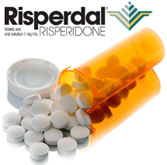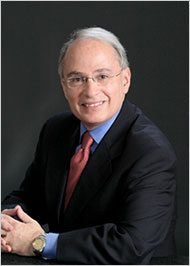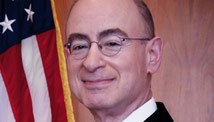
Big Pharma’s Slimy Crusade to Push Anti-Psychotics on Kids
In the past decade, America’s pharmaceutical industry has knowingly marketed dozens of dangerous drugs to millions of children, a group that executives apparently view as a lucrative, untapped market for their products. Most kids have no one to look out for their interests except anxious parents who put their trust in doctors. As it turns out, that trust is often misplaced. Big Pharma spends massive amounts to entertain physicians, send them on luxury vacations and ply them with an endless supply of free products. As a result, hundreds of thousands of American kids—some as young as three years old—have become dependent on amphetamines like Adderall and a pharmacopeia of other drugs that allegedly treat depression, insomnia, aggression and other mental health disorders.




